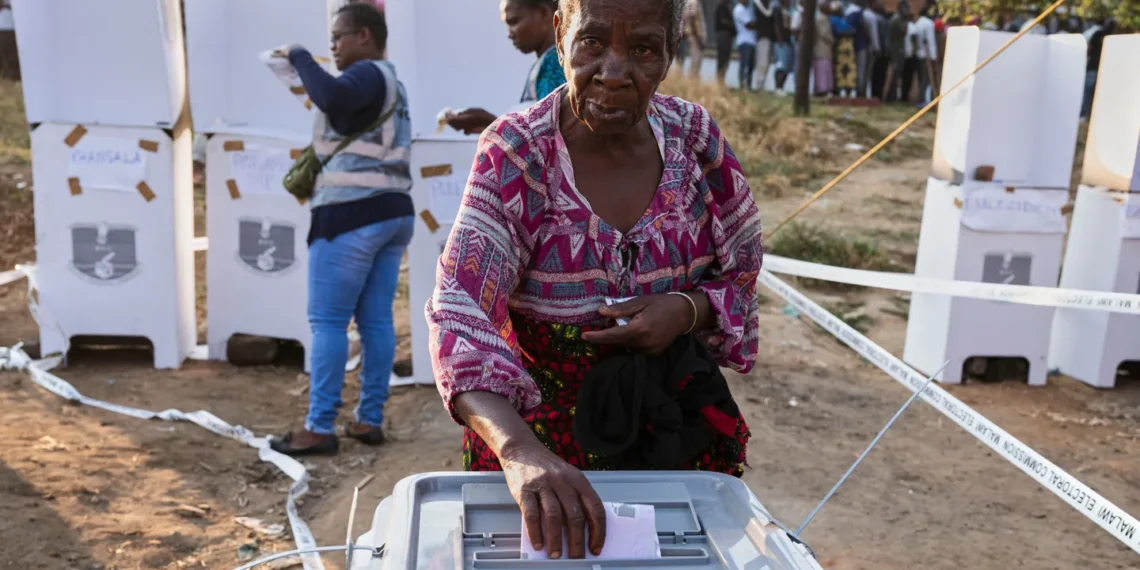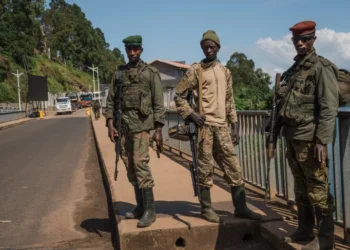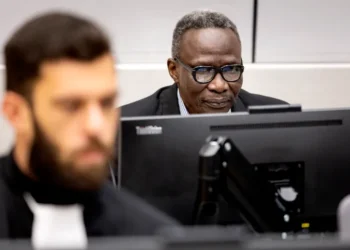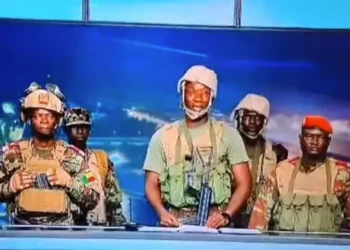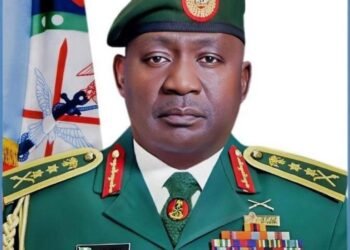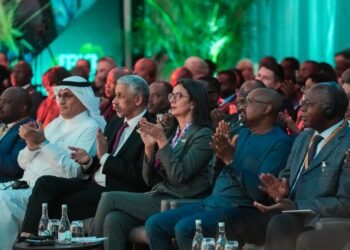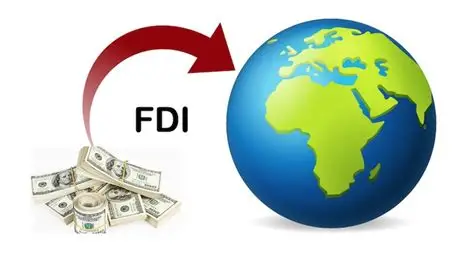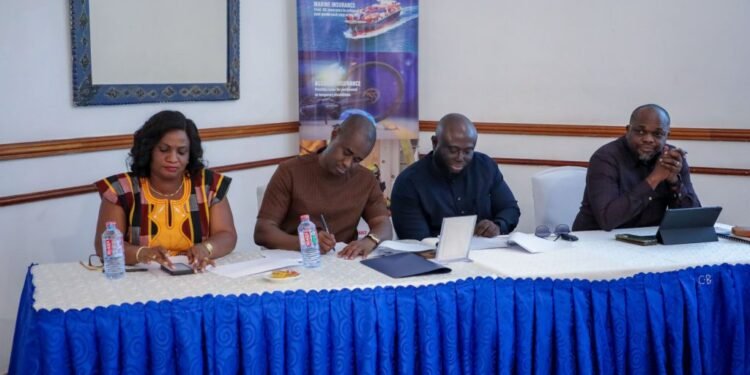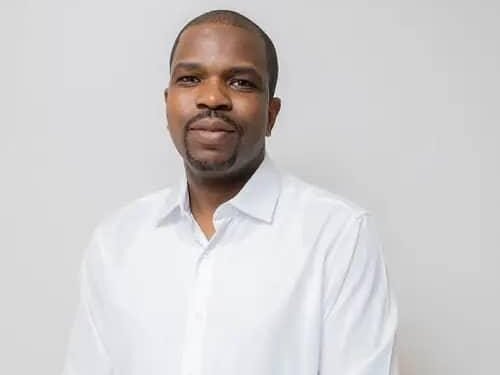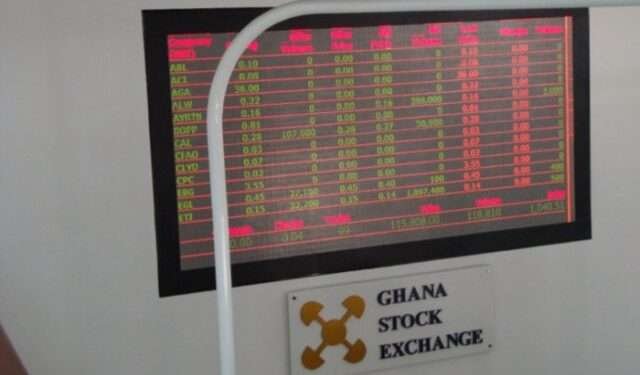Malawians head to the polls on Tuesday in a highly anticipated election that will see President Lazarus Chakwera face his predecessor, Peter Mutharika. With inflation soaring and fuel shortages disrupting daily life, economic concerns are expected to dominate voter sentiment.
In total, 15 other candidates, including former president Joyce Banda, are vying for the top job. However, political analysts widely expect the contest to be a two-horse show between Chakwera, aged 70, and Mutharika, 85. Should no candidate surpass the 50% threshold, the vote will move to a second round.
Chakwera, a former pastor who won office in 2020, has presided over a period marked by economic stagnation, natural disasters, and worsening hardship. A deadly cyclone and a severe regional drought devastated crops, while inflation has remained above 20% for over three years. The difficulties have fed disillusionment with both major parties.
Corruption has also remained a central issue. Chakwera entered office promising to root out what he described as rampant corruption under Mutharika’s government. Yet, critics say his own administration has pursued graft cases selectively and at a sluggish pace, undermining public trust.
Beyond choosing a president, Malawi’s 22 million citizens will also elect members of parliament and local councillors.
Louw Nel, a Senior Political Analyst at Oxford Economics Africa, observed: “We’re dealing with an election where the people are so tired and so uninspired… I think a big question is, are they going to bother to vote?”
Analysts believe either Chakwera’s Malawi Congress Party or Mutharika’s Democratic Progressive Party will need to seek coalition partners among smaller parties to secure a parliamentary majority. The two rivals have clashed three times before, including the dramatic 2019 vote annulment. That year, the Constitutional Court overturned Mutharika’s victory citing irregularities, ordering a rerun that Chakwera went on to win in 2020.
Polling stations will open at 0600 local time (0400 GMT) and close ten hours later. Official results are expected within a week.
Voters Struggle Amid Economic And Social Hardship
The election comes against the backdrop of worsening economic pressures that deeply affect everyday life. GDP growth is projected at just 2% for 2025, significantly below the rate needed to keep pace with rapid population growth. Per capita income is contracting for the fourth consecutive year, reflecting both sluggish economic activity and the devastating impact of repeated climate shocks, such as the El Niño-induced drought.
Inflation has surged beyond 30%, fueled by poor agricultural output, import restrictions, and an expanding money supply. Foreign exchange shortages have left industries struggling to import essential production inputs, while fiscal strains mount from election-year spending and reduced foreign aid. The budget deficit is expected to reach 8.7% of GDP.
The human toll of these economic challenges is severe. More than 70% of Malawians live below the $2.15-a-day poverty line, while millions face food insecurity from repeated poor harvests and disasters such as Cyclone Freddy. Social programmes aim to cushion the most vulnerable, but for many households, building resilience remains a daily struggle.
Child malnutrition is also a critical concern, with high stunting rates among children under five. Although some improvements have been recorded in health indicators, overall living standards continue to decline under the weight of inflation, unemployment, and climate-related hardship.
For ordinary Malawians, hunger and poverty are constant realities. Rising food prices, limited job opportunities, and the lingering effects of natural disasters dominate conversations as the nation prepares to vote.
Despite the tense political rivalry and accusations of corruption on both sides, many citizens are focused on whether the outcome will bring stability and meaningful progress. The stakes are particularly high as Malawi faces a worsening economic outlook and pressing social needs.
As such, voters across the country must decide whether to extend Chakwera’s mandate or return Mutharika to power, with both men promising change in a nation that has grown weary of unfulfilled pledges.
READ ALSO: Ghana Nears Big Legal Reforms, Set to Cut Legal Education to 4 Years

